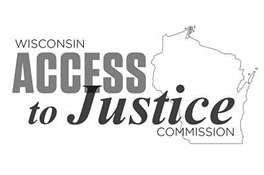Social Responsibility and Giving Back
Years ago, I attended a seminar where the late Attorney Harry M. Philo was one of the speakers. I don’t remember where the seminar was or who the other speakers were, but I will never forget one thing that this very prominent lawyer said, “The primary social responsibility of personal injury lawyers is to prevent accidents and reduce the number of injuries. It is only when we fail in this responsibility that we move to our secondary responsibility of obtaining compensation for our clients.” This message was one of social responsibility and giving back to the community, two things we should take seriously throughout our careers.
Social responsibility is an ethical ideology that focuses on individuals’ obligations to act for the benefit of society as a whole as opposed to acting solely for their own interests. As attorneys, it is our responsibility. As a lawyer, I feel pride when I am able to achieve a good result for a client. I’m also proud of the fact that I am part of a profession that advocates for the general public’s rights and safety. It is one thing as a personal injury attorney to obtain compensation for an injured plaintiff but it is another thing altogether to advocate for a change in the law or raise public awareness to prevent accidents and injuries. This same message applies to all attorneys throughout every practice area: it is our job to successfully advocate for our clients, but it is our social responsibility to act for the benefit of society as a whole.


